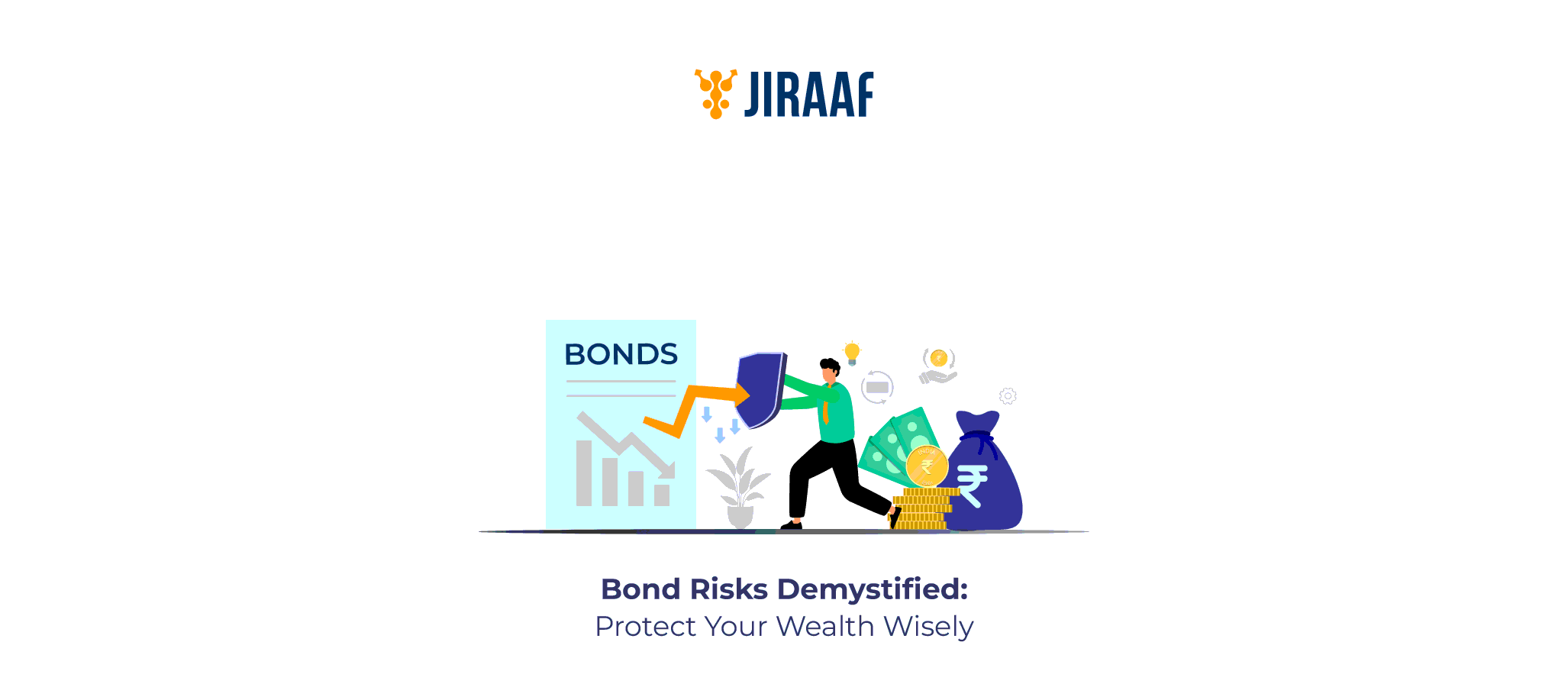Large-cap funds are referred to as “bluechip” by most mutual fund advisors and certain fund houses, too. Bluechip is a synonym or nickname that appears in a variety of large-cap mutual fund schemes. Bluechip is used in the names of some well-known large-cap mutual fund schemes, such as Axis Bluechip fund, ICICI Prudential Bluechip fund, and SBI Bluechip fund. In this blog, let’s delve into what exactly bluechip mutual funds are, their safety standards, how you can invest in them, who they are for, and some top bluechip mutual funds to investigate.
What Is a Bluechip Mutual Fund and How do They Work?
A bluechip fund makes investments in stocks or shares of reputable businesses that show strong, stable financial performance over time, including, among other factors, consistent dividend payments and profitability. In terms of finance, a bluechip is a business that is well-known by name or brand and requires little to no introduction. It sells popular goods and services that are valued in the marketplace. The company’s financials, including sales, profitability, and dividends, among other metrics, show this value.
Bluechip businesses are better equipped to withstand economic downturns than their smaller competitors. Even in the phase of unfavourable market conditions, they can function profitably or at least better than average. This adds to their history of stability and progress. The bottom line is that blue chips are ‘reliable’ investments.
Blue chip equities are typically less volatile than lesser-known brands/companies for the reasons mentioned above. You would want to explore them because bluechip firms are recognized to give your portfolio stability. A bluechip company’s stock price often follows the overall market and is likely to swing between that range. One reason for this is the fact that bluechips make up the broad market average.
Why Are Bluechip Mutual Funds Considered Safe?
In simple terms, bluechip mutual funds are considered quite safe, mostly because they aren’t as risky, act in a predictable way, and move in tandem with the benchmark index. They are primarily known as safe investments for three different reasons:
- Stability: Due to their years of experience, blue chip stocks are typically the market leaders in their respective industries. This also suggests that they have consistently generated revenue, which explains their strong market grip. This indicates that their performance is consistent.
- Dividends: Compared to other companies, bluechip funds offer a higher dividend. This indicates that they consistently turn a profit and give back to the shareholders.
- Solid foundations: Large-cap corporations with a solid reputation and credibility in the market are the stocks that bluechip funds invest in. They have been in business for decades and have become authorities in their domain. As a result, these businesses have very solid foundations, including cash balance, operating profits, revenue, profitability, and return on investment.
Best Bluechip Mutual Funds in India (2025)
Here is a list of the top 5 best-performing bluechip mutual funds in India as of 2025 sorted by their returns.
| Scheme | 5 year Returns (%) |
| Nippon India Large Cap Fund | 21.48 |
| ICICI Pru Bluechip Fund | 20.69 |
| Canara Robeco Bluechip Equity Fund | 20.11 |
| Baroda BNP Paribas Large Cap Fund | 20.04 |
| Invesco India Largecap Fund | 19.87 |
Bluechip Mutual Funds vs Other Equity Funds
| Characteristic | Bluechip Mutual Funds | Other Equity Funds (Mid/Small-Cap, Sectoral, Thematic) |
| Investment Focus | Large-cap, established companies. | Mid-cap, small-cap, or specific sectors. |
| Risk Level | Lower (stable, mature companies). | Higher (volatile, growth-oriented companies). |
| Returns | Moderate (steady, long-term growth). | Higher (aggressive growth with volatility). |
| Liquidity | High | Variable |
| Expense Ratio | 0.5–1.5% | 1–2.5% |
| Suitable For | Conservative investors looking for long-term wealth preservation | Aggressive investors with higher risk appetite, and short-term opportunities |
Who Should Invest in Bluechip Mutual Funds?
You might want to explore bluechip mutual funds if you fall under any of the following categories:
- Risk-averse investor: These funds may fit your style if you like to handle your money carefully.
- Long-term organizer: These funds can be a good option if you’re saving for long-term goals like retirement.
- Beginner investor: These funds could offer a more gradual and guided introduction for you if you are new to investing.
- Income-focused investor: Many bluechip funds strive to offer you dividends if you are hoping for possible recurring payouts from your investments.
In the world of investing, bluechip mutual funds are like trusted, time-tested vehicles- reliable, steady, and built for the long haul. While they may not deliver the thrill of high-risk options, they offer stability, consistency, and resilience, making them ideal for long-term wealth creation.
How to Invest in Bluechip Mutual Funds
- Research: Before you decide to make your investment, make sure to do your research and narrow down on a few mutual fund schemes that work for you.
- Complete your KYC: Finish the know your customer (KYC) process and submit the necessary paperwork to become a verified investor.
- Online Platforms: Use reliable online platforms or go to the AMC’s website to open an account and select the most suitable fund.
- Invest: Choose your investment type and amount (lump sum or SIP), and then use net banking, UPI, or any other approved method to pay for it.
- Monitor: Pay careful attention to the performance of the investment portfolio for the best possible result.
Conclusion
Bluechip mutual funds can be a great option for you if you want steady, long-term growth with less risk. These funds expose you to market leaders with a track record of success by investing in India’s most well-known businesses. What makes them perfect for you? They provide steady returns over time but are less erratic than other equity funds. Bluechip funds offer the ideal balance of consistent growth without causing restless nights, regardless matter whether you’re a novice investor anxious about market fluctuations or someone saving for retirement. With SIPs, you may begin investing as little as ₹500 in high-performing funds. Although they might not provide the same sense of excitement as small-cap funds, their dependability makes them the cornerstone of any wise investing plan. Before investing, don’t forget to review the expense ratio and track records. For balance, think about combining them with other growth-oriented funds.
FAQs
What qualifies a mutual fund as a bluechip fund?
A bluechip fund is basically an equity scheme that invests in shares of reputable, financially stable businesses are known as bluechip stocks. These businesses have a track record of consistent performance and growth. Blue-chip businesses typically have substantial market capitalizations. They might also hold prominent positions in their respective fields.
Can beginners invest in bluechip funds?
One good thing about bluechip mutual funds is that they are ideal for both novice investors as well as beginners because these mutual funds invest in large-cap stocks of the top 100 businesses. They are comparatively low-risk investments with steady growth and a track record of reliable performance.
Do bluechip mutual funds offer better returns than FDs?
Over the long term, bluechip mutual funds typically deliver 12–15% annual returns, significantly outperforming fixed deposits (FDs), which offer around 6–7%. While FDs provide better short-term stability (within one year), bluechip funds tend to beat both FDs and inflation over periods of five years or more. They’re ideal for long-term goals, and for balanced risk, investors can combine them with FDs for added stability.
Discover fixed income investments with Jiraaf, a SEBI registered online bonds platform that educates and brings access to a wide array of bonds. Sign up today to explore diversified fixed income investment opportunities to support your goal-based wealth creation journey. Start investing!









